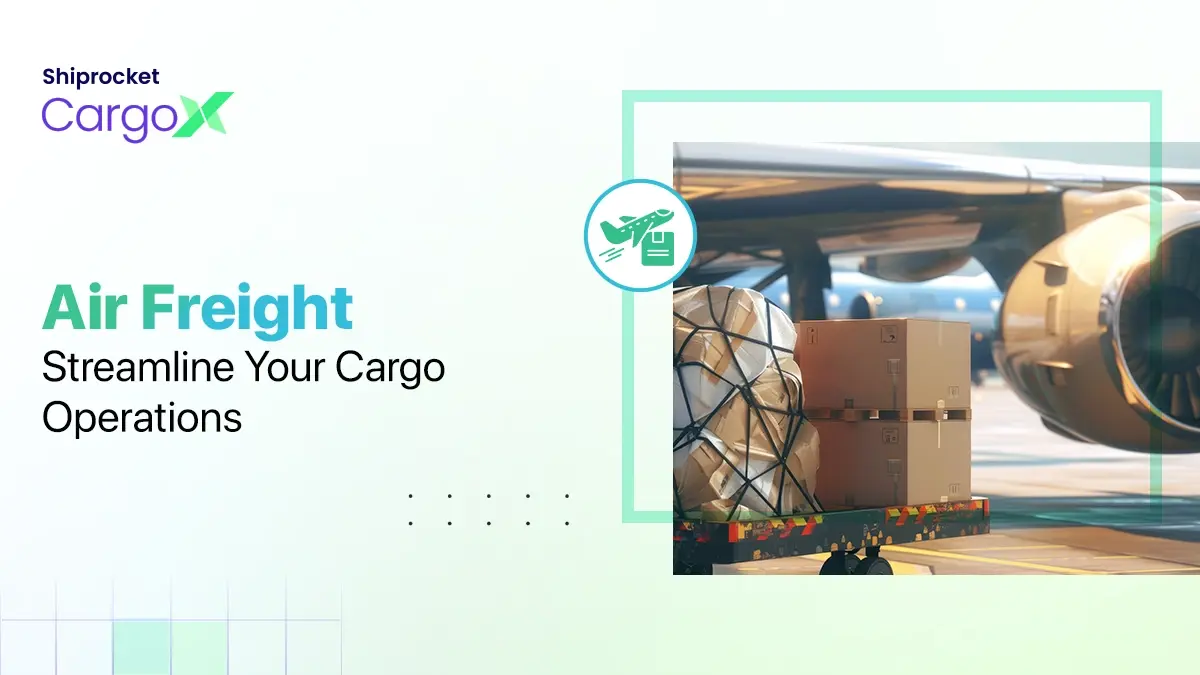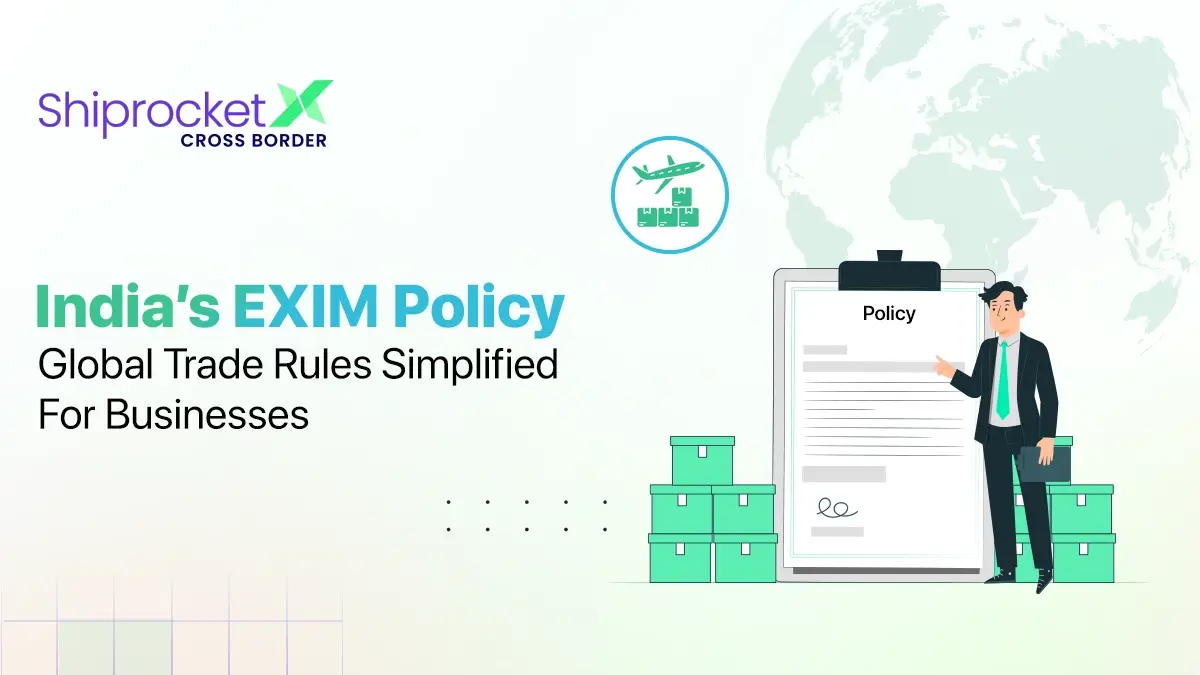What Is Delivery Duty Paid (DDP)? Why Is It Famous Among Sellers?
DDP or Delivery Duty Paid is a type of shipping in which the seller is responsible for all risks and charges associated with shipping the goods to their final destination. DDP is primarily used for international shipping and is one of the most common shipping methods. It was developed by the International Chamber of Commerce in order to help standardize shipping options around the world.

Many companies use DDP when using air or sea as a mode of transportation of goods. Buyers can benefit significantly from DDP because of less risk, responsibility, and cost. While DDP is a good deal for buyers, it can be a significant burden for sellers as it can quickly reduce profits if mishandled.
What is Delivery Duty Paid (DDP) shipping?
DDP Shipping is a shipping contract between the Buyer and the Seller that makes the Seller bear all the risks, costs, and responsibilities associated with the transportation of the Goods until the Buyer receives the Goods. With DDP, buyers are not responsible for the actual shipping charges and are more likely to purchase the item without fear of being fooled or paying high taxes or shipping charges.
Understanding DDP vs DDU

The difference between DDP and Delivery Duty Unpaid (DDU) is that with DDU, the end consumer or the recipient of the package must pay the fee as soon as the package enters the destination country.
With DDU, customs will contact the customer as soon as the package arrives and the customer will have to pick up the package from the delivery center. More often than not, the customers are not aware that the order is a DDU and they either contact the customer service of the seller’s company, cancel the order, or refuse to receive the order and return it to the seller.
DDP is seen as the best customer experience as it is a cross-border option that allows traders to take all the charges in advance and decide whether to transfer the charges to the customer by raising the price of the product or just waiving the extra charges.
Why Do Sellers Use DDP?

For Buyer’s Protection
DDP helps prevent buyers from being scammed. Sellers accept all the risks and costs of shipping a product, ensuring that customers get the products they have ordered in the best condition. The time and cost of shipping that is associated with DDP is such a burden that scammers can’t even consider using it.
For Ensuring Safe Delivery Across Countries
When shipping a package halfway across the world, there are many things that can go wrong. Each country has its own laws regarding shipping, import taxes, and shipping charges. With DDP, sellers only ship packages only through the best and safest routes. DDP also ensures that the products shipped through sea and air routes are safe and are not lost in transit.
To Ensure That Sellers Pay The International Fees
If the buyer has to pay the customs duty, the sale may not be successful as the buyers are generally not aware of how much the customs charge. DDP provides a smoother shopping experience because sellers pay international fees so buyers don’t have to worry about paying fees.
What is The Timeline For DDP?
DDP follows a very simple timeline wherein sellers take most of the liabilities till the time the product reaches the buyers. Let’s see what the timeline is.
1. Sellers hands over the package to the carrier
2. The package is shipped to the destination
3. The package arrives at the destination and the respective VAT is levied
4. The package is delivered to the buyer
Seller-Assumed Charges Under DDP

DDP is a popular option for sellers, but it costs a lot of fees. Calculate the fees you have to pay and see whether you can profit from your sale or not in order to determine if DDP delivery is suitable for your business.
The seller accepts liability for all these charges:
Shipping Fees
Shipping products by sea or air can be expensive. You should calculate how much it will cost to ship the product internationally before starting with DDP shipping.
Import And Export Duties
Improper handling of DDP can result in delays as arrivals are likely to be investigated by customs. If you choose an unreliable delivery service because of its cheaper shipping costs, it can also delay delivery.
Damage Goods Fees
Any damage to the product is the cost paid by the seller. As a seller, you have to pay for the damage caused to the product and even return them to its destination.
Shipping Insurance
Although not an obligation, many sellers buy insurance for the shipped items and the cost of the same is borne by the sellers.
VAT
DDP holds the seller responsible for paying VAT. However, it can be changed with the consent of the buyer and seller. VAT can be high, sometimes 15-20% of the value of a product excluding duty. In many cases, depending on the handling of the item, the buyer may be eligible for a VAT refund. VAT refunds will be borne by the buyer. This means that in the best case sellers need to pay the VAT; in the worst case, the seller pays the VAT while the customer is receiving a VAT refund.

Storage And Demurrage
Under DDP, the seller has to bear the costs associated with customs clearance. This includes all storage or demurrage costs due to delays by customs, other government agencies, delivery partners, and air/ sea carriers. It’s an unexpected cost and can quickly affect your profits.
Final Thoughts
Due to its popularity among buyers, DDP remains one of the most popular delivery options for international companies. It is in their greatest interest as they reduce the risk of the product until they are delivered. However, if there are too many problems, businesses will not be able to make a profit on the costs associated with the seller’s DDP.
DDP conditions can be very risky in terms of both delays and unexpected additional costs and should be used with caution unless the rules and regulations of the country of purchase are fully understood.








